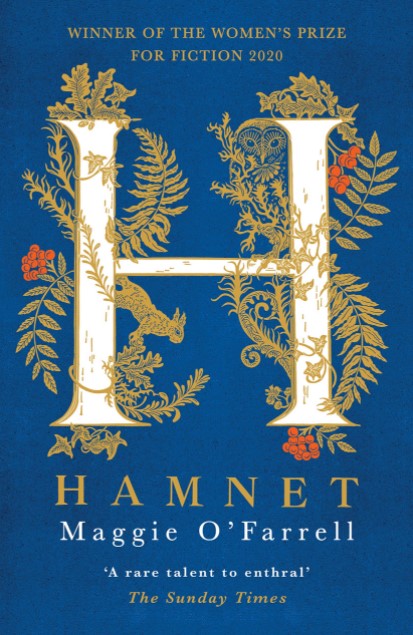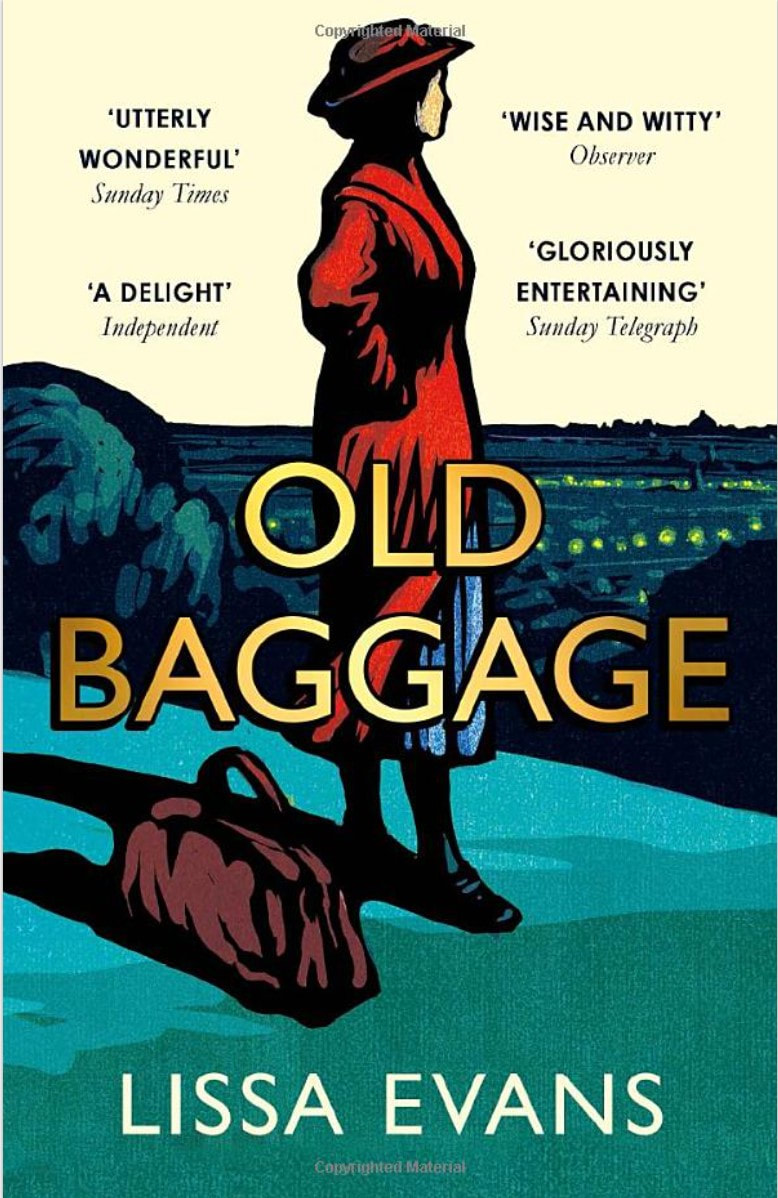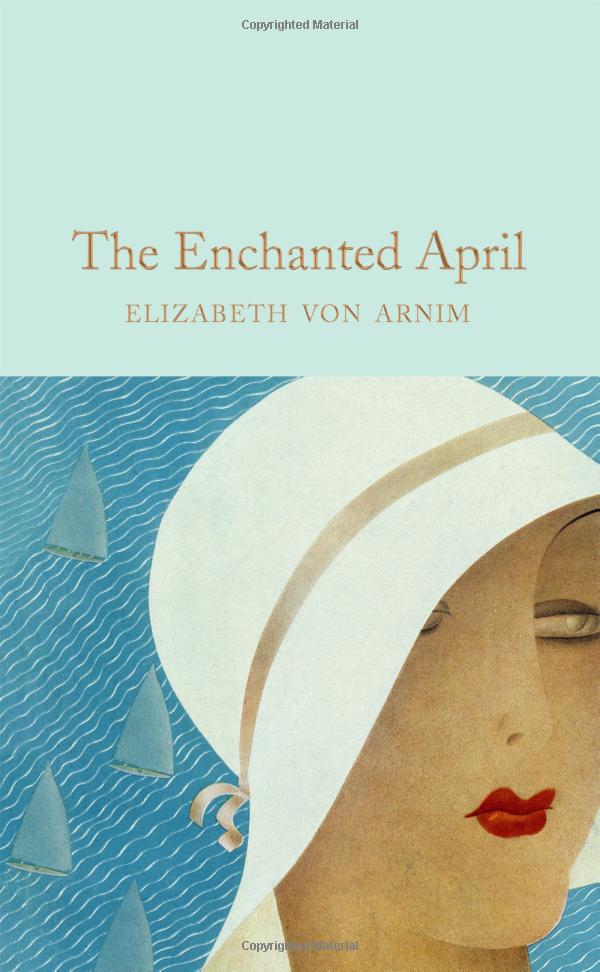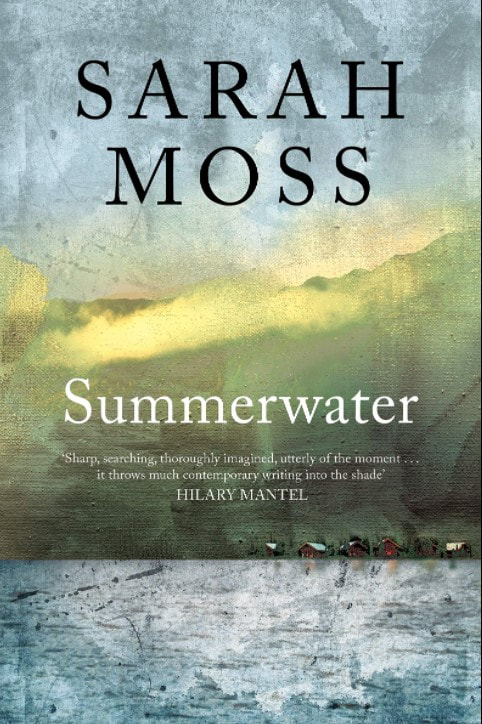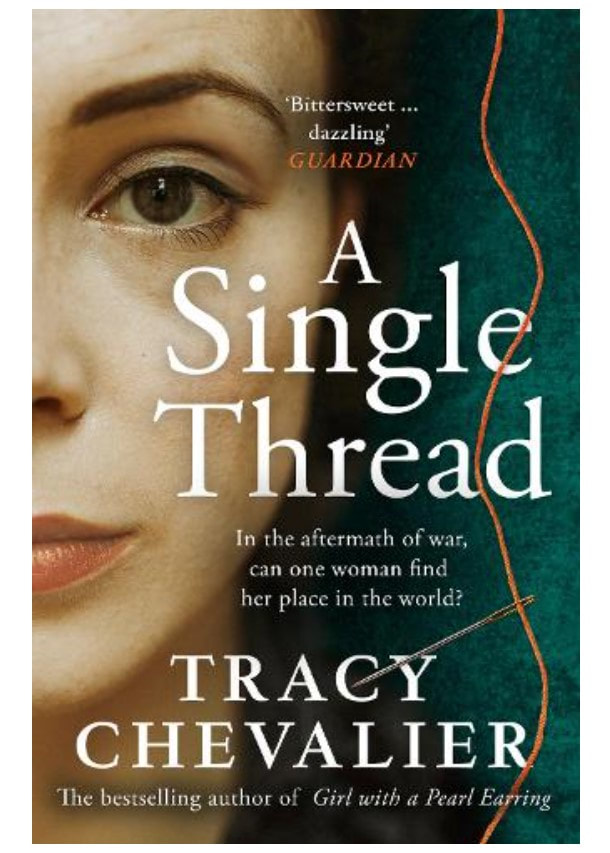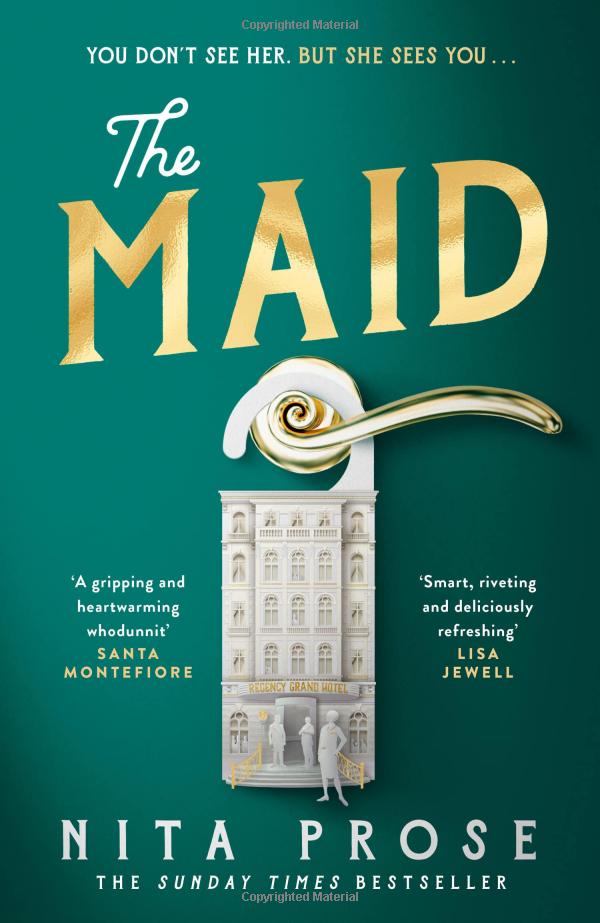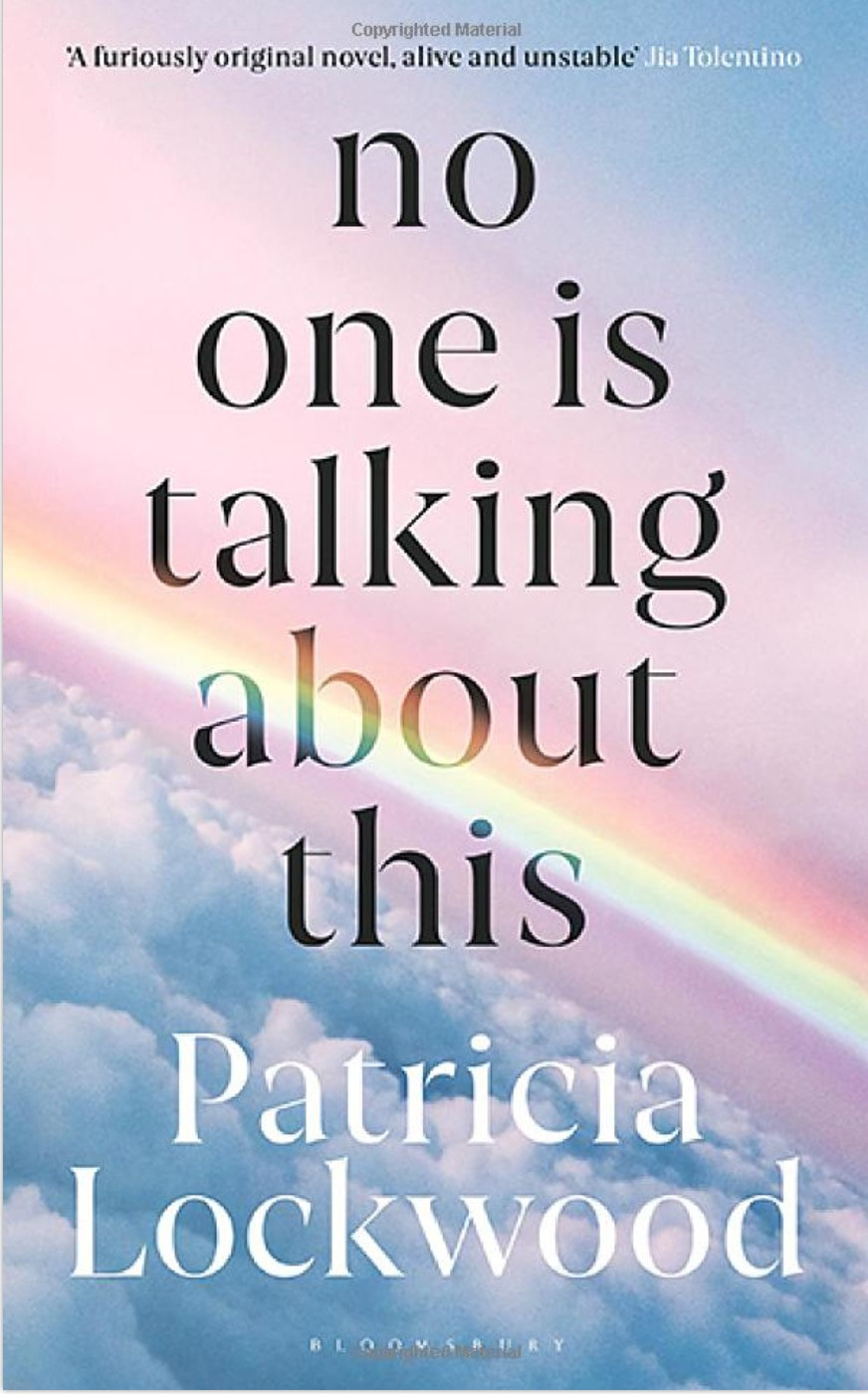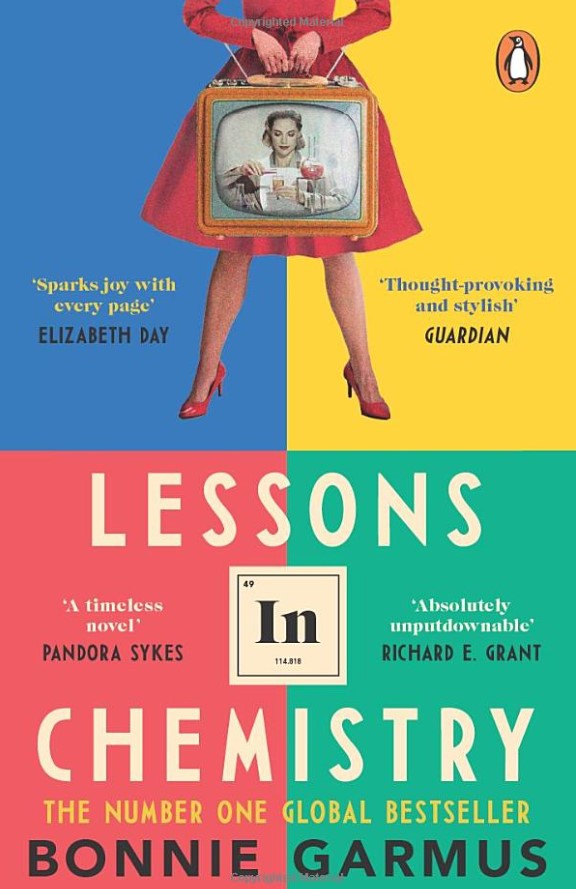Shutford Book Club |
As we can't expand the group at the moment (and we hate saying 'no'), we are going to change our format to the Shutford Book Review. For book lovers out there who are unable to join us, we will provide reports on the books we read each month to inspire anyone looking for a good read. Our summaries will appear here and in each edition of the Shutford News. We hope you enjoy reading some of our latest reviews: |
Hamnet
This book won the Women's Prize for Fiction in 2020 and it is easy to see why. Her story is set around Stratford-upon-Avon when Shakespeare was growing up and, though the playwright is not names, it describes the town and his life there with astonishing clarity. Hamnet is his only son, a twin, whose life ends sadly with such exquisite detail that the reader cannot avoid a tear. As most of us probably know, many of the streets we can follow young Hamnet's walk to school, his visits to friends and neighbours, his playtime with words evoking the sights, sounds and smells which made up his world. O'Farrell's research allows us to be there. In the second part, the book moves on to London and Shakespeare's success there culminating in 'Hamlet', named for the lost boy who thus will never die. We all liked the book and gave a score of 4-5.
Old Baggage
This book was Waterstones Book of the Month in January 2019.
Set in 1928, Matilda Simpkin comes across a small wooden club , an old possession of hers , unseen for more than a decade. Mattie has a thrilling past and an annoyingly uneventful present. During the Women’s Suffrage Campaign she was a militant , jailed five times, she marched, sang, gave speeches and heckled Winston Churchill and nothing since has had the same excitement. Now, in middle age she is looking for another challenge. Giving the wooden club a twirl she is struck by an idea….. Some of our members enjoyed this story while others were less enthusiastic. It was rated 4 out of 5. The Enchanted April
A chance finding of an advert in a newspaper leads to 4 women spending a month in an Italian castle by the sea. Strangers at first, with a desire to escape the dissatisfaction of their lives, the beauty and peace of their surroundings - blue skies, sunshine and abundant spring flowers - however casts its spell. Friendships develop and each begins to see a way forward. First published 100 years ago, it gives an insight into the lives of women in the 1920s although many of its themes remain relevant today. Charming and often humorous, this book will transport you to the Mediterranean and the joy of gardens in spring. It was voted 4/5 by us.
|
Summerwater
Evoking for some of us memories of holidays past, Summerwater is set on a single day in a remote Scottish cabin park, where the relentless rain mainly confines the inhabitants indoors. With no Wi-Fi or phone signal, they have little to do but watch each other from their windows and reflect. As we get an insight into their desires and frustrations, there are hints that something darker is about to happen – a teenage boy goes kayaking in the storm, a woman runs against her doctor’s advice, a young child dares another, a stranger lurks in the wood. As night falls, tensions and resentments start to rise, building to perhaps an unexpected end. A contemplative novel, that skilfully captures the complexities of family life, intertwined with moments of dark humour and vivid descriptions of the natural world. We gave it 4/5.
A Single Thread
This is the story of Violet, one of Britain’s ‘surplus women’ who lost a fiancée and an older brother in World War I. Violet’s younger brother is married with children and she knows that a suffocating future of caring for her difficult mother is all that awaits. Violet is determined to have a life of her own. Her first bid for independence involves transferring her employment from the insurance company’s Southampton office to Winchester. Life in a boarding house, financial struggles and dealing with the every day reminders of her status as a surplus woman are well described and prompted much discussion. A lunchtime visit to the cathedral leads to an encounter with the broderers. Violet joins the disparate group of women who embroider kneelers for the cathedral. She makes friends among the group and the secrets she learns about individual lives prompt her to question her attitudes and those of her colleagues. An encounter with one of the bell ringers results in Violet keeping secrets of her own. The group agreed that this was a story of a determined and independent woman living in a time when ‘men walked through the world as if it belonged to them’. We awarded a score of 4/5.
The Maid
The Maid is Molly, a young woman who appears to be on the autistic spectrum though this is never referred to explicitly. Thus she misinterprets other people and their actions leading her to move through life oblivious of some of what is happening. She works in a grand hotel (probably in North America though we are not told) and takes great pride in the order and cleanliness she imposes. Her small salary allows her and her beloved Gran to live simply but happily in a spotless flat in a seedy building.
Then she finds a body in one of her rooms. We now follow her as she is confronted by a frightening world of unkind police and colleagues who have major secrets. Fortunately she also finds real friends and help to navigate her way. The author, Nina Prost, is described as an editor in the book but research reveals her to be the vice president and editorial director of Simon and Schuster Canada, the well-known publisher. This is her debut novel written before going into the office each day. As such we expect perfect presentation with a coherent plot and well-drawn characters. To a large extent she succeeds and it is certainly a good read, soon to be filmed. Book Club however had some reservations about the ending. This seems rushed and details are pushed in which should have come earlier. For some this spoiled the book. As a result we rated it 3 out of 5. |
No one is talking about this
This book was shortlisted for the Booker Prize and the Women’s Prize for Fiction in 2021. Sally Rooney, author of Normal People and Conversations with Friends said she admired and loved the book, and author and comedian David Sedaris said he couldn’t remember the last time he laughed so much reading a book. It’s fair to say that the majority of book club members - with a couple of exceptions - were less enamoured! It’s certainly a highly original book which touches on very current and at times acutely sensitive issues, and splits into two very distinct sections. The first describes the life of a woman entirely engrossed in an online world to the extent that she experiences panic when being away from her phone for a matter of minutes. Sound familiar? But her obsession with Twitter and scrolling is seriously challenged when her sister is faced with a life changing decision surrounding her unborn child, bringing issues such as abortion rights in the US, the power of family ties and the powerful lasting legacy any life can have on others, however short and challenging it might be. Certainly not an easy read, and some members didn’t attempt the second half feeling utterly bewildered by the first! But others said it would stay with them for a long time even if they found it a challenging read. The 2.5/5 score reflects the fact that we ranked it as a ‘Marmite’ book - some would give it zero, others a five!
Lessons in Chemistry
This book has achieved some fame since it’s publication last year. It is the debut novel of Bonnie Garmus, a copy writer and creative director who was born in California and who now lives in London.
It is the story of Elizabeth Zott, a chemist living in 1950/60’s America, struggling to assert herself as a scientist in a world dominated by chauvinistic men and female stereotyping. After the love of her life, fellow scientist Calvin Evans, dies in a freak accident, she finds herself alone as a single parent, without a job and no prospects of getting one. However, a lifeline is thrown and she becomes the reluctant star of an afternoon TV cooking show called Supper at Six. Except Elizabeth’s approach to cooking is not conventional and, whilst eyebrows are raised by the producers of the show, the audience love her lessons on the science of food. She explores how chemistry is all about change and ultimately how woman can change themselves. Most of the group enjoyed the book, finding both comic and tragic elements in it. We agreed that Elizabeth was an exceptional woman, smart and intelligent but she was socially naïve. A worthy start to the author’s writing career. We scored the book at 3.5/5. |

